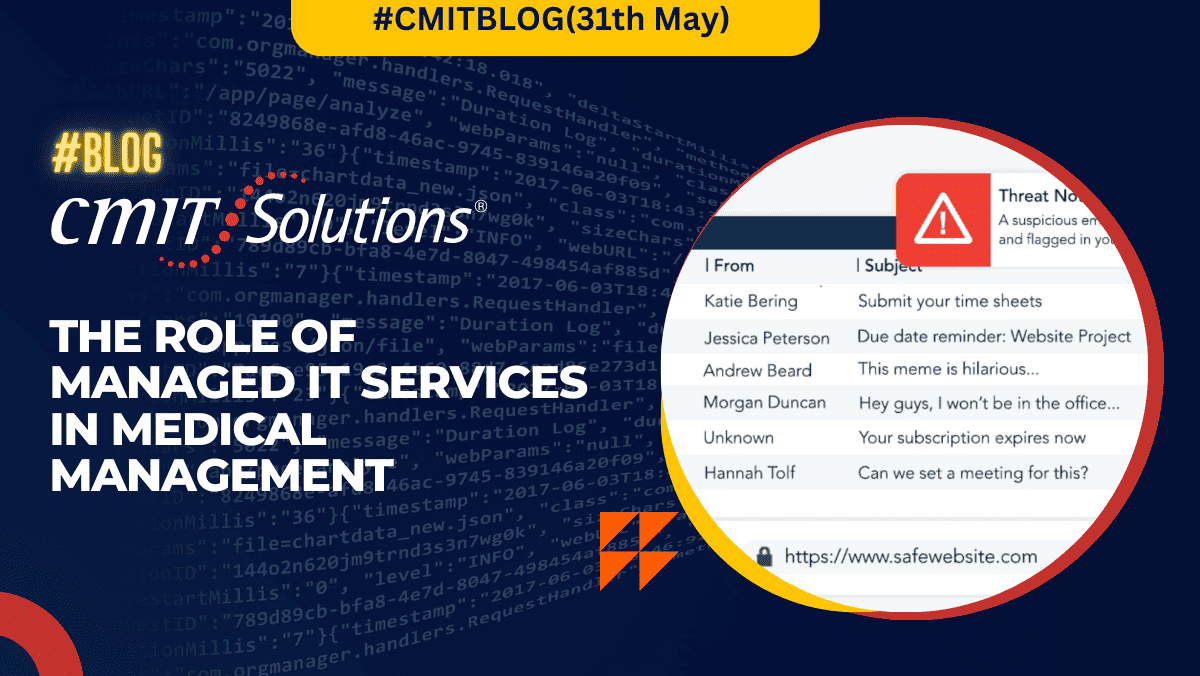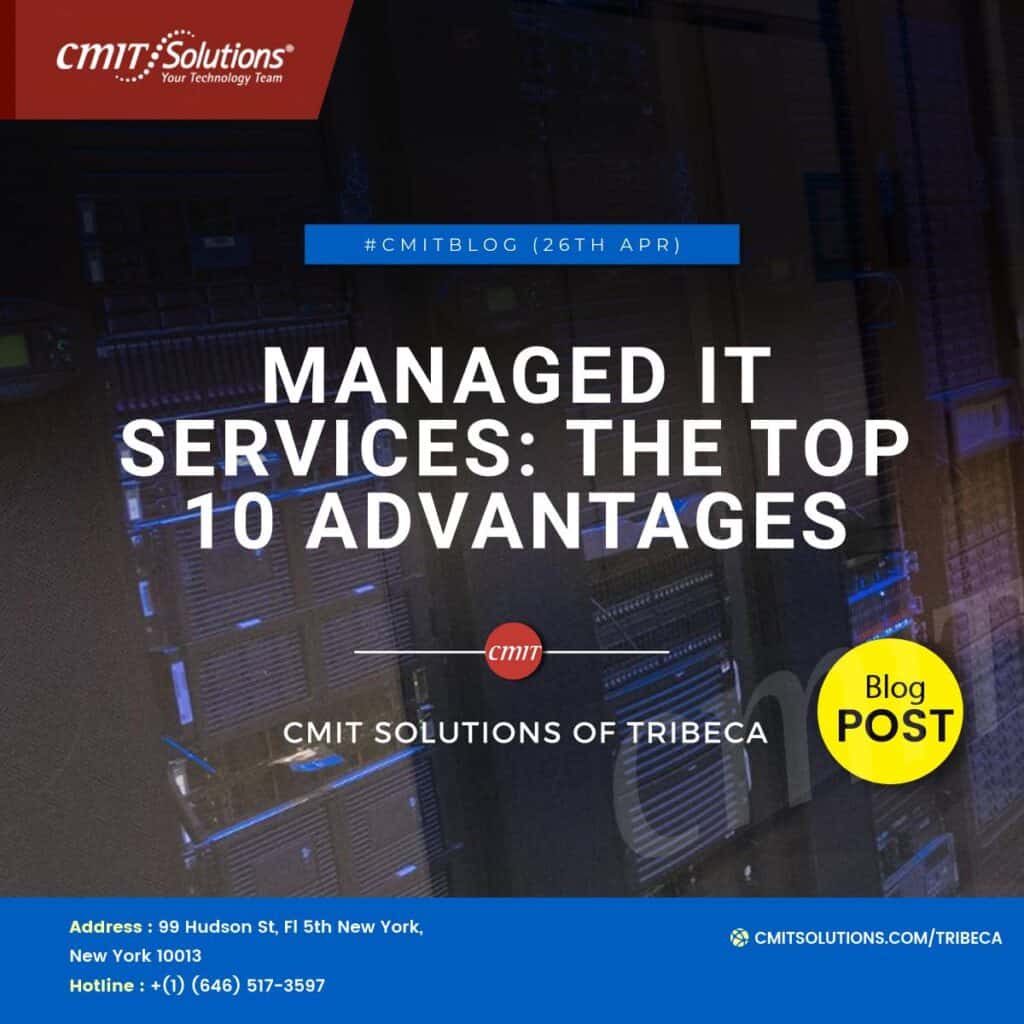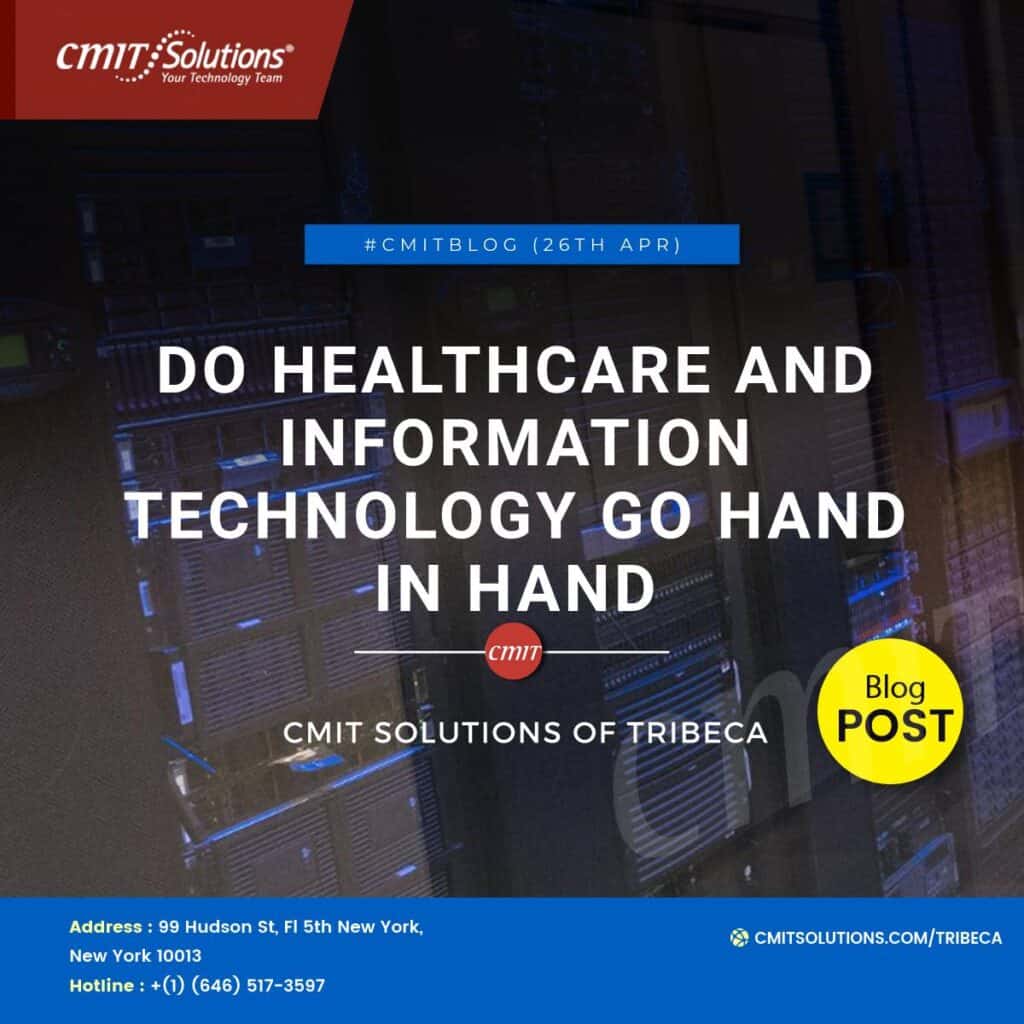Introduction:
In today’s technologically advanced healthcare landscape, medical devices play a vital role in delivering quality patient care. From sophisticated imaging systems to life-sustaining monitoring devices, medical devices are crucial assets in healthcare facilities. However, managing these devices and ensuring their optimal performance can be a complex and challenging task. That’s where managed IT services step in. In this article, we will explore the significant role of managed IT services in medical device management and the benefits they bring to healthcare organizations.
Implementation and Integration:
Implementing and integrating medical devices into existing IT infrastructure can be a daunting process. Managed IT services providers have the expertise to ensure a seamless implementation. They assess the compatibility of devices with existing systems, configure them to work efficiently, and streamline the integration process. By leveraging their knowledge and experience, managed IT services providers enable healthcare organizations to adopt new technologies without disruptions and maximize the value of their medical devices.
Monitoring and Maintenance:
Effective monitoring and maintenance of medical devices are crucial for their smooth operation and patient safety. Managed IT services providers employ advanced monitoring tools and techniques to track the performance of medical devices in real-time. Through proactive monitoring, they can identify potential issues, such as device malfunctions or abnormal readings, and take immediate action to rectify them. Regular maintenance activities, including software updates, security patches, and calibration checks, are also performed by managed IT services providers to ensure the devices are functioning optimally.
Security and Compliance:
The cybersecurity of medical devices is a pressing concern in today’s digital landscape. With the increasing connectivity of devices, they become vulnerable to cyber threats. Managed IT services providers play a critical role in implementing robust security measures to safeguard medical devices and protect patient data. They establish firewalls, encryption protocols, and access controls to prevent unauthorized access. Moreover, they ensure that devices comply with industry regulations, such as HIPAA, to maintain patient privacy and meet compliance standards.
Troubleshooting and Support:
Inevitably, medical devices may encounter technical issues or require troubleshooting. Managed IT services providers offer prompt support and timely resolution of device-related problems. Their skilled technicians are well-versed in diagnosing issues, providing remote assistance, and performing on-site repairs when necessary. By minimizing device downtime and optimizing performance, managed IT services ensure healthcare professionals can rely on their medical devices to deliver uninterrupted care.
Lifecycle Management and Upgrades:
Medical devices have a finite lifecycle, and their obsolescence can pose risks to patient safety and operational efficiency. Managed IT services providers assist healthcare organizations in effectively managing the lifecycle of medical devices. They assess device performance, analyze trends, and provide recommendations for upgrades or replacements when necessary. By staying updated with the latest technological advancements, managed IT services providers help healthcare organizations make informed decisions about their medical device inventory.
Conclusion:
Managed IT services are instrumental in the successful management of medical devices within healthcare organizations. From implementation and integration to monitoring, maintenance, security, and support, managed IT services providers offer comprehensive solutions to optimize the performance and reliability of medical devices. By leveraging their expertise, healthcare organizations can focus on delivering exceptional patient care while ensuring the seamless operation of their medical devices throughout their lifecycle.





